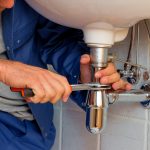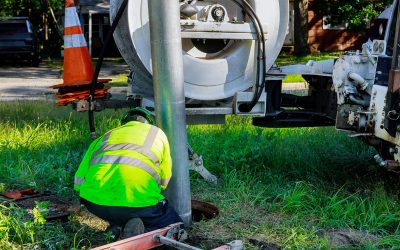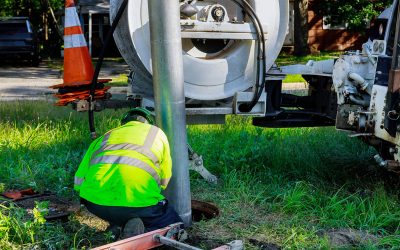The water heater is one of those appliances that get a lot of use and very little attention, at least until the unit fails. However, it is possible to reduce the chance of critical failure with a little quality water heater maintenance in Front Royal VA. One of the most important areas to focus on is the tank because the water that fills it probably has some sort of sediment in it. This is because the water that is piped to homes and businesses comes from either ground water sources or reservoirs such as local lakes. This means that the liquid can have sand, lime or other minerals that may eventually affect the appliance.
Eliminating the buildup of minerals is done by flushing the tank. This procedure should be performed on a yearly basis and it can prevent a number of issues based on the type of water heater in use. For instance, an electric heater will collect calcium, lime and other deposits on the heating elements. This can cause them to burn out early or develop a short circuit. The latter failure could result in a low-power loop that continuously heats the water because it bypasses the controlling thermostat. Manufacturers install a safety switch that halts the heating process, but it relies on the temperature of the water for the switch to trigger. Unfortunately, this could result in scalding water at the tap.
Other types of Water Heater Maintenance in Front Royal VA include testing the electronics on the appliance. With a gas burning system there are electronics that control both the flow of fuel and its ignition. Flow control is a matter of allowing the gas to enter the combustion area when it is time to heat water and preventing it otherwise. Ignition systems need to be reliable so that the gas burns when required. A failing ignition or flow control system could result in excess fuel around the water heater, which can result in a very dangerous situation. During maintenance the plumber should also inspect the unit for any signs of water damage. Leaks around the tank can cause a lot of problems including corrosion to the tank itself or damage to the insulating materials.







